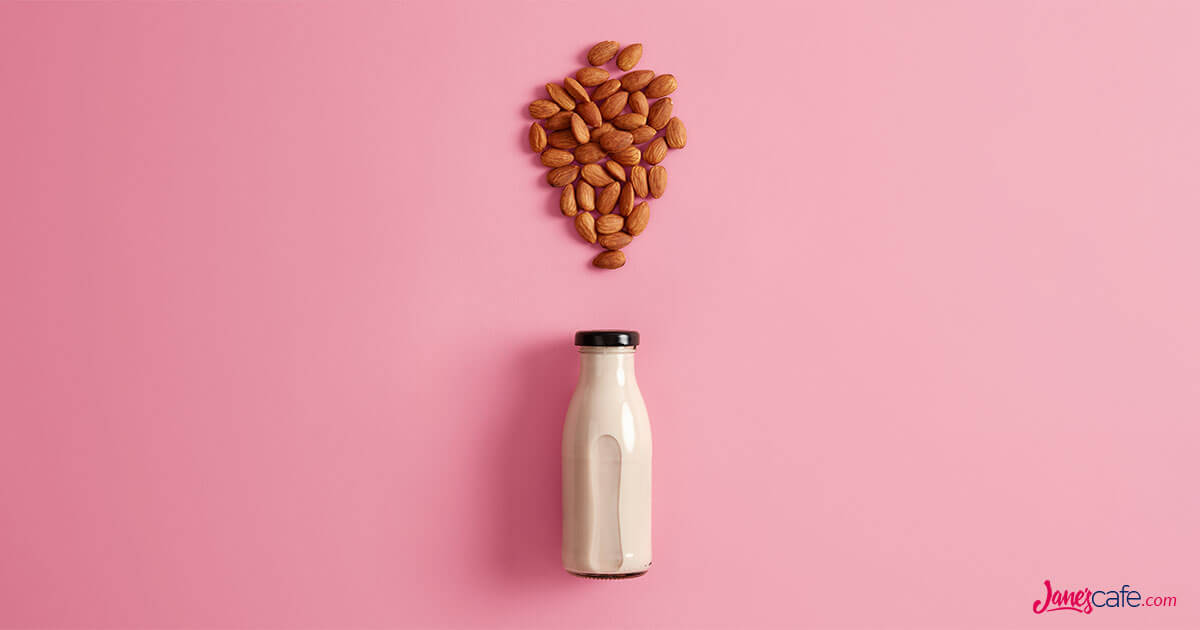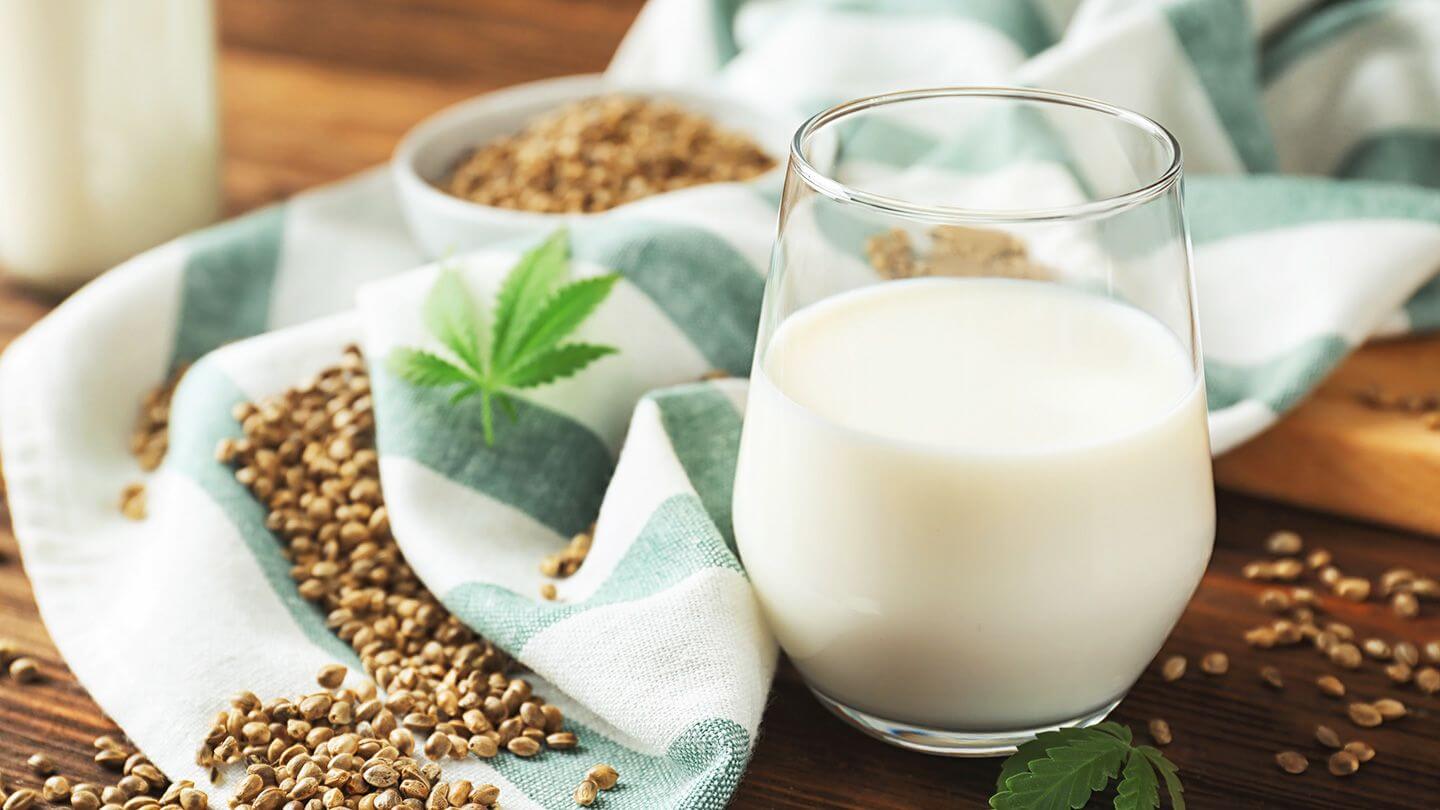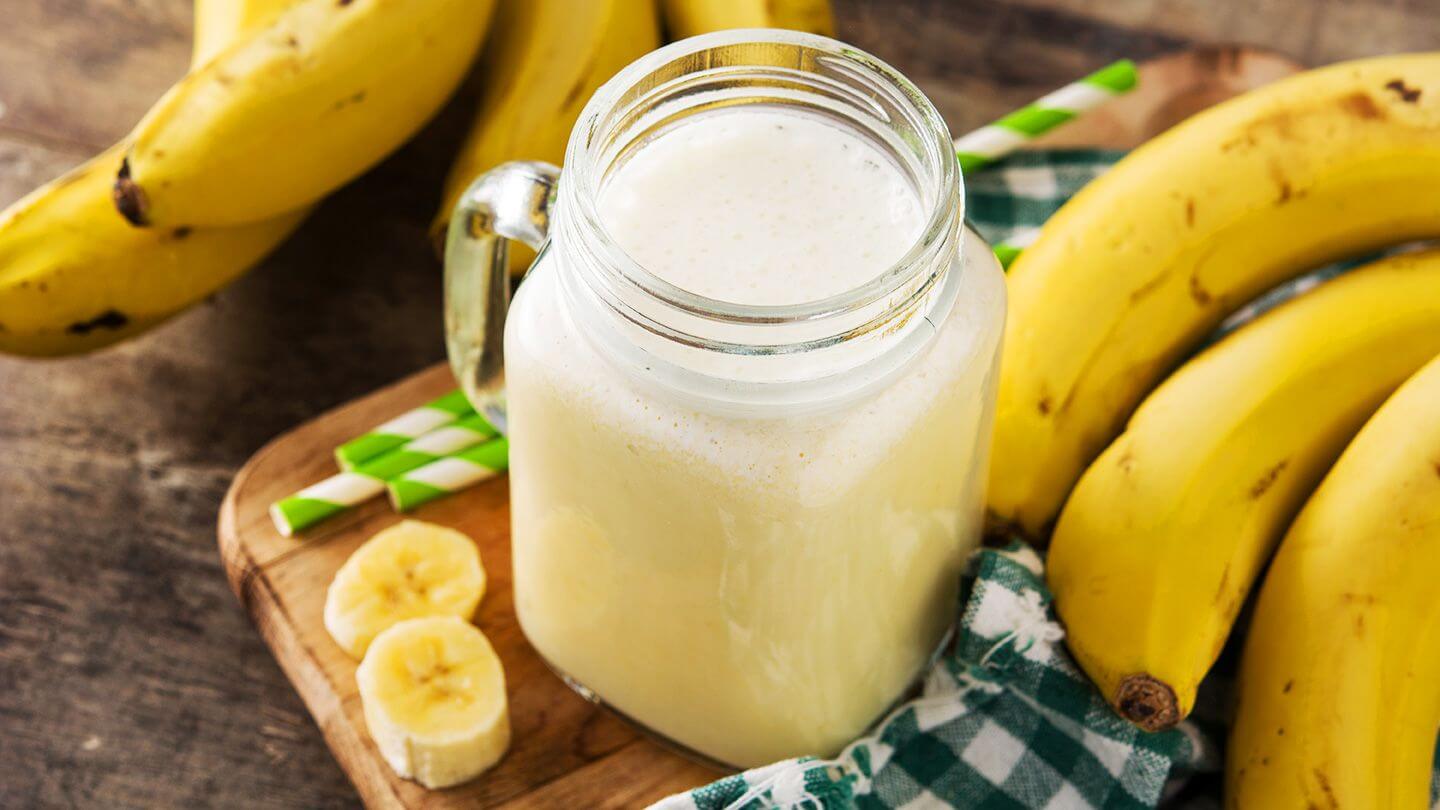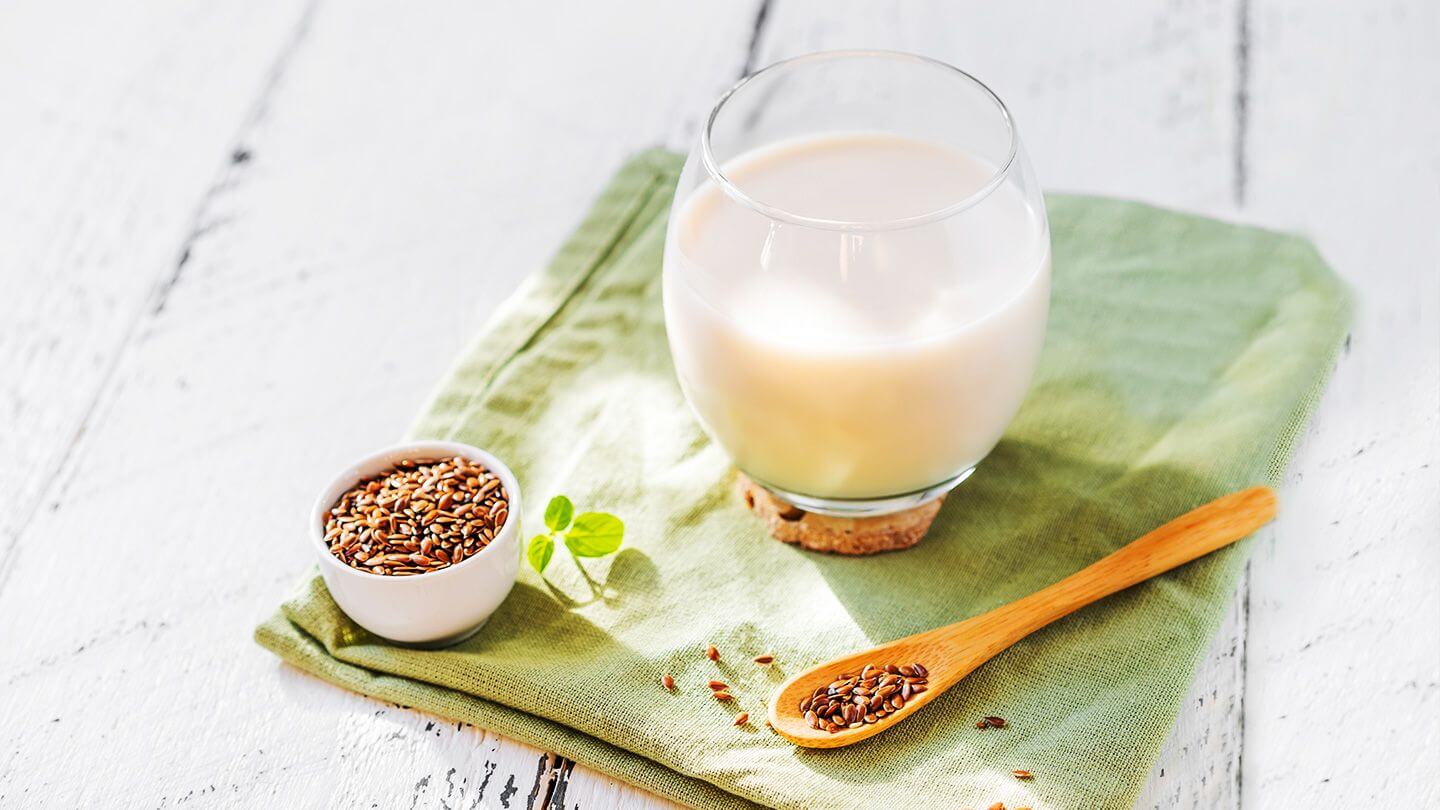
Whether you choose healthy plant-based milks over traditional, depends on whether you value nutrition above environmental goodness. For years, milk was the white stuff you poured into coffee or over your cereal.
Notwithstanding the pockets of humanity who preferred goat, buffalo, or camel milk, it cam from cows. The common cows’ milk often had unpleasant consequences for people incapable of digesting it. But that was just too bad. People who was lactose-intolerant learned to eat their cereal dry and drink their coffee black.
It has also had unpleasant consequences for the planet. Raised for beef, milk, and other products, it’s responsible for about 62% of the greenhouse gas emission of the world’s livestock. How does this happen?
Some of this comes from methane the animals burp out, which is a more powerful greenhouse gas than carbon dioxide. But these days, consumers looking for an alternative are spoiled for choice. As such, healthy plant-based milks are everywhere, in more than a dozen varieties. Which is best?

Healthy Plant-Based Hemp Milks
Hemp milk is a fantastic option for smoothies and coffee drinks. And no doubt you’ve been seeing it everywhere these days. From hemp seed butter to hemp seeds. Add to that list hemp milk, which is typically made with hemp seeds and sometimes extra ingredients such as oats.
Nutritionally speaking, 1 cup of hemp milk typically contains 130 to 140 calories, 3 to 4g of protein. It also has about 2g of fiber. Although you’ll want to look at a specific product’s nutrient label, but some of these healthy plant-based milks are fortified. Per cup, they’re a good source of vitamin D, magnesium, iron, and an excellent source of calcium and potassium.
Hemp milk boasts other benefits, too. It contains a particular amino acid called arginine. This may help relax your blood vessels and help reduce blood pressure.

Banana Milk Can Help You Get Your Potassium Fix
Milk from bananas? Yep, it’s a thing! Since banana milk isn’t made from nuts like other healthy plant-based milks, it’s a safe choice for people with nut allergies. Of course, check the product’s label to ensure the brand says it’s nut free.
Some banana milks contain just banana and other spices, while others contain added sugar. For example, Banana Wave Unsweetened Original is sweetened with just bananas. But Mooala’s Banana Milk also contains spices like cinnamon.
Sweetened varieties of banana milk are made with cane sugar and can contain up to 6g of added sugar. This is where reading the ingredients list becomes important because calorie counts vary widely, from 60 to 80 calories per cup.

Flaxseed Milk
You’ve had nut milks at your fingertips for years, so why not try a milk made from seeds? Although the milk is nut free, it has a nutty taste. Made from flaxseed, it’s a good choice for people with a nut or dairy allergy.
Some flaxseed milks are unsweetened, while others contain added sugar — so calories per cup range from 70 to 120. Per tablespoon of whole flaxseed, you get 2g protein and 3g fiber. So, it’s a good source of fiber, notes the USDA.
One popular variety of flaxseed milk, Good Karma, provides 8g of protein and no fiber. On the other hand, a version from Manitoba Flax offers almost 4g protein and 3g fiber (a good source).
Generally speaking, flaxseed milk is typically fortified. Per cup of Good Karma, for example, you get 310 milligrams of calcium (an excellent source). 140 mcg of vitamin A (a good source). 1.4 mcg of vitamin B12 (an excellent source), and 2.3 mcg of vitamin D (a good source).
Blend flaxseed milk into a smoothie or add to your mug of coffee!











Leave a Reply